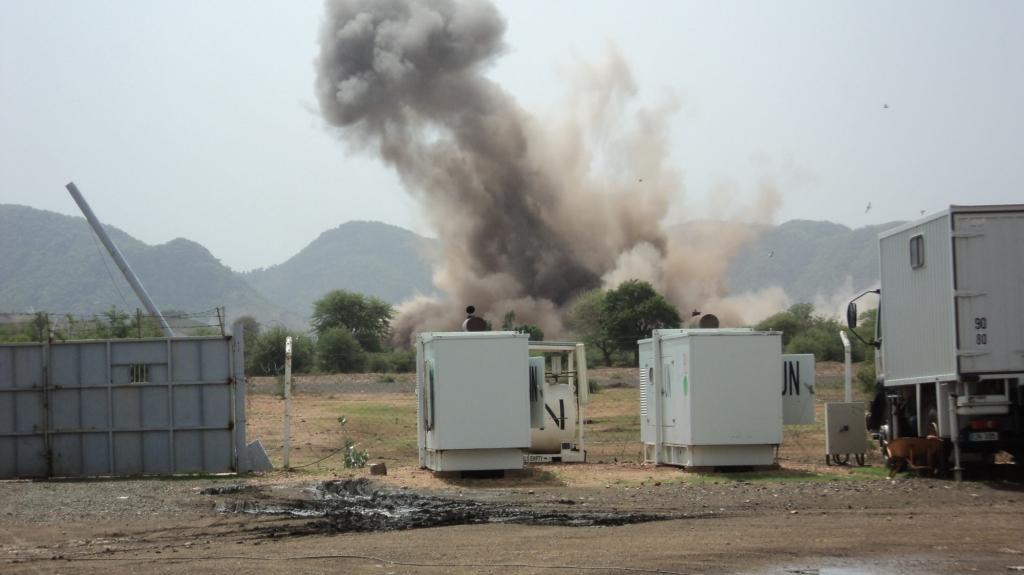
Something I wrote in Fighting for Darfur feels particularly salient at this moment, as my inbox fills up with increasingly panicked messages from those with friends in Southern Kordofan:
"As has been clear for some years, and was true in the case of Darfur, a lack of information per se is not what accounts for the delay in responding to atrocity situations. The issue is the delay between when citizens and governments have the information and when they act on it—in the first case, by creating political incentives for action, given a crowded agenda, and in the second, by crafting policy responses."
There is information on the deteriorating situation in Southern Kordofan. Yes, much of it is secondhand and thus challenging to verify. But it fits broadly with what minimal information the UN is releasing. Moreover, there is a reason the information is secondhand: So far no foreign reporters have been able to get in there. Last week, according to Human Rights Watch, a group of Al Jazeera journalists who tried to enter the area from the north were stopped at a checkpoint, beaten, and turned away.
When any group with any level of sophistication intends to commit crimes, they will try to block access to those who can credibly report on what they are doing. The obvious consequence is that those outside are forced to work through the policy process on the basis of uncertain information. But uncertain information is not the same thing as no information.
As the important task of trying to get better quality information proceeds, and people like me bemoan our inability to access the area, let us hope that all those in governments around the world who care about peace in Sudan are spending their time on what is the much bigger challenge—crafting a smart policy response and moving forward with it.
I remain cautious about writing anything on Sudan when I am not there myself, speaking with those directly involved. But having been unable to get into South Kordofan, there is little choice right now but to write about it from a distance.
The photo above was taken June 14 and sent to me by someone who is in daily contact with people in Southern Kordofan. For security reasons they are not providing any information about the person who took the photo. Can I guarantee it has not been tampered with? No. But Im posting it because on a balance of probabilities my judgment is that it is authentic on the basis that it fits with what the UN Spokesperson reported earlier that day about two bombs being dropped by the Sudanese government near the UN compound in Kauda around 10:30 a.m. local time.
Support our work
Your support ensures great journalism and education on underreported and systemic global issues

